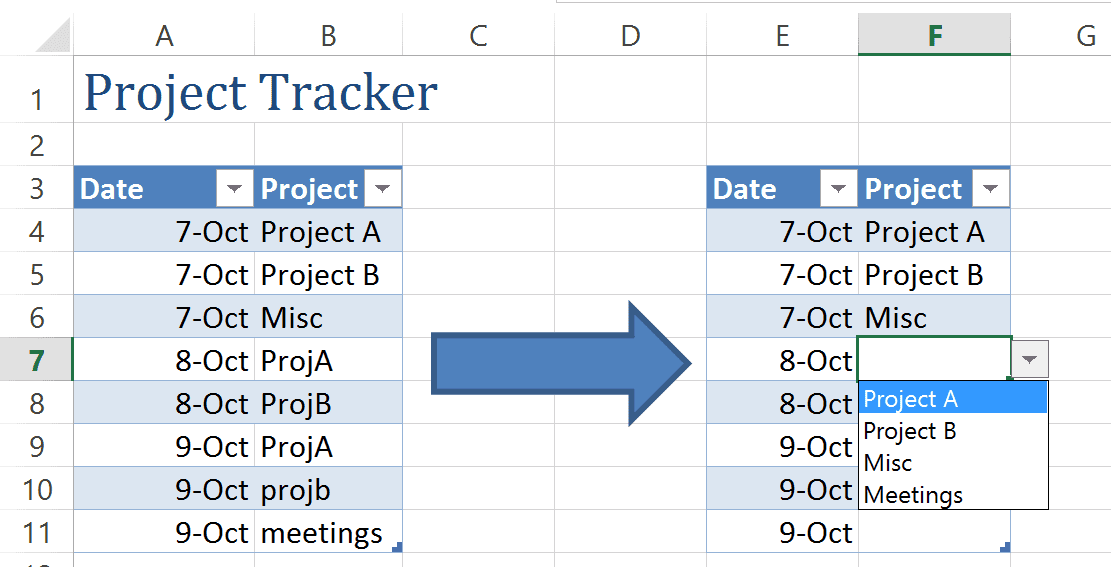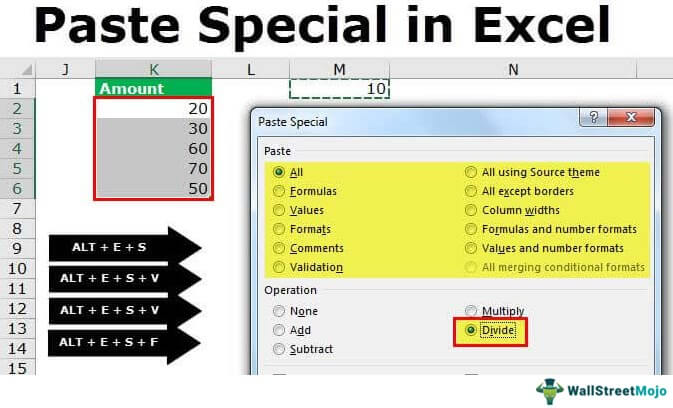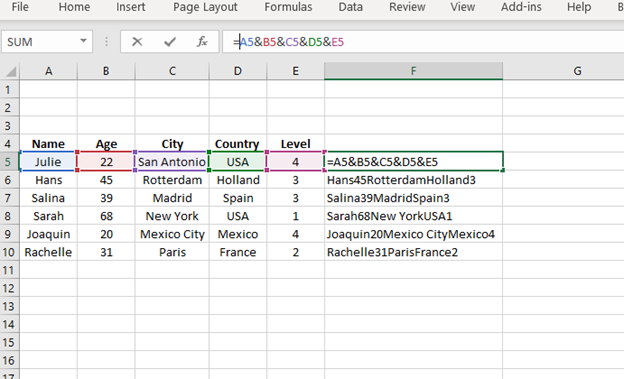5 Ways to Copy Drop Down Lists in Excel

Excel, Microsoft's powerful spreadsheet software, is renowned for its versatility in data management. One of the features that enhance its usability is the ability to create drop-down lists which streamline data entry and ensure consistency in user inputs. However, when you need to replicate these lists across different worksheets or workbooks, the process can seem daunting. This article will walk you through 5 efficient methods to copy drop-down lists in Excel, making your workflow more efficient and your data more uniform.
Method 1: Copying Data Validation
The most straightforward method involves copying the data validation settings from one cell to another or multiple cells:
- Select the cell with the drop-down list.
- Click on “Home” tab, then select “Find & Select” and “Go To Special.”
- Choose “Data Validation” and click “OK.”
- Now copy (Ctrl+C) the selected cell or range.
- Move to the destination cells and paste (Ctrl+V) the data validation.
💡 Note: This method does not work well if you’re copying across different workbooks.
Method 2: Using Source Range
If your drop-down list sources data from a specific range, you can replicate this setup:
- Go to “Data Validation” under the “Data” tab.
- In the “Source” field, you’ll see the range (e.g., A1:A10).
- Copy this range to another workbook or worksheet.
- Update the cell references in the new location.
This method ensures that the data source remains intact when copying the list.
Method 3: Excel Formula Approach
Using Excel formulas to manage your drop-down lists can be particularly effective for dynamic lists:
- Create named ranges for your list items.
- Use the INDIRECT function in your data validation to refer to these named ranges.
This method allows for easier updates and maintains the integrity of the list across multiple sheets.
👉 Note: Ensure your named ranges are unique and easily identifiable to avoid conflicts.
Method 4: VBA Macro
For large scale or frequent copying, Visual Basic for Applications (VBA) can automate the process:
- Open the VBA editor with Alt+F11.
- Create a new module and write a macro to copy data validation rules.
- Run the macro to apply data validation across cells, sheets, or workbooks.
Sub CopyDropDownList()
Range(“A1”).Validation.CopyToRange Destination:=Range(“B1:B10”)
End SubVBA can significantly reduce manual work, especially for complex spreadsheets.
Method 5: Template Workbooks
If you frequently need the same drop-down lists, templates can be your solution:
- Create a workbook with all your necessary drop-down lists set up.
- Save this workbook as a template (File > Save As > Choose template in “Save as type”).
- When starting a new project, open the template, and your lists are ready to use.
Throughout this exploration of copying drop-down lists in Excel, we've seen various methods tailored for different needs. Whether you're looking for simplicity with data validation copying, efficiency with VBA, or flexibility with templates, Excel offers solutions to ensure your data management tasks are not only completed but optimized.
Each method has its unique benefits:
- Data Validation is best for small, quick tasks within the same workbook.
- Source Range keeps the data integrity intact.
- Excel Formulas provide dynamic updates and ease of management.
- VBA offers automation and customization for complex tasks.
- Template Workbooks streamline your setup process for new projects.
By mastering these techniques, you can streamline your data entry process, reducing errors and enhancing productivity. Remember, the key is to choose the method that best fits your project's scale and complexity.
How do I know if a cell has a drop-down list?
+
To check if a cell has a drop-down list, select the cell and go to the ‘Data’ tab in Excel. Click on ‘Data Validation’. If there’s a list source specified in the settings, the cell has a drop-down list.
Can I copy a drop-down list to another workbook?
+
Yes, you can. Use Method 3 or Method 4 to copy drop-down lists to other workbooks. However, ensure that the data source references are updated to reflect the new workbook structure.
How can I update multiple drop-down lists at once?
+
Using VBA macros, as described in Method 4, you can update all drop-down lists simultaneously by changing the source data or settings in one location, and the macro can update all instances.



